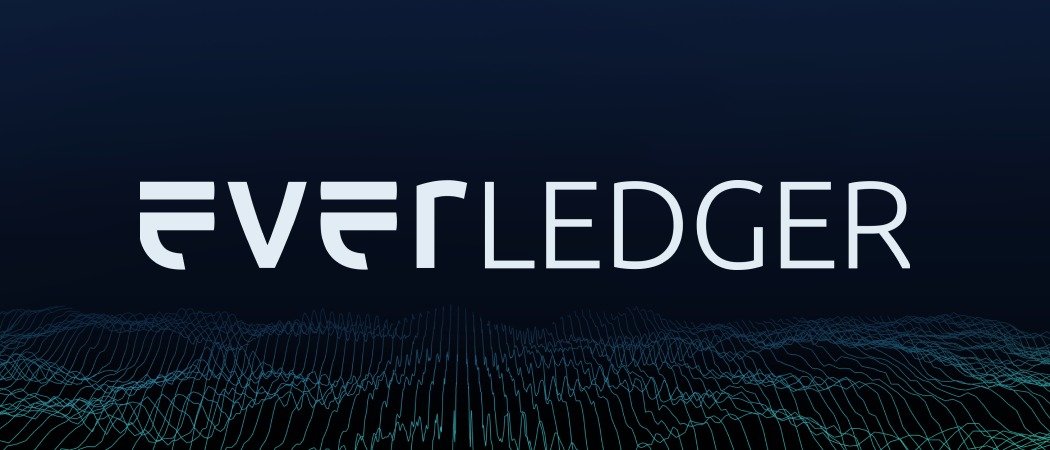Real World Application of Blockchain in global trade
Blockchain technology is revolutionizing global trade by enhancing transparency, traceability, and efficiency in supply chains. By creating a decentralized and immutable ledger, businesses can track the movement of goods in real-time, ensuring authenticity and reducing the possibility of fraud. For example, companies can utilize smart contracts to automate transactions and enforce agreements without the need for intermediaries, thus minimizing delays and reducing costs. Additionally, blockchain enables all parties in a supply chain—manufacturers, suppliers, and logistics providers—to access consistent and accurate data, leading to improved collaboration and faster decision-making. As a result, businesses can streamline operations, reduce disputes, and foster greater trust among trading partners in the global marketplace.
Implementing blockchain in the global supply chain industry presents several challenges that hinder its widespread adoption. One significant difficulty is the integration of diverse systems and technologies used by different stakeholders, which can result in compatibility issues and high implementation costs. Additionally, the lack of standardized protocols and regulatory frameworks complicates the uniform application of blockchain solutions across various jurisdictions. Resistance to change among established companies and the need for extensive training and education further impede progress, as organizations may be hesitant to invest in new technologies without a clear understanding of their potential benefits. Lastly, data privacy concerns and the security of sensitive information can deter businesses from fully embracing blockchain, limiting its effectiveness in enhancing transparency and trust within the supply chain.
1. VeChain
Focus: Supply Chain Transparency and Provenance.
Key Features:
Tracks products through the supply chain using unique identifiers (RFID or QR codes) stored on the blockchain.
Provides end-to-end visibility and ensures product authenticity.
Use Cases:
Food safety (tracking from farm to table).
Luxury goods verification.
Pharmaceutical traceability.
Example: Walmart China uses VeChain for food safety compliance, enabling customers to verify product information.
2. IBM Food Trust
Focus: Food Supply Chain.
Key Features:
Enhances food traceability by recording production, transportation, and distribution data on the blockchain.
Reduces the time to trace contaminated products from weeks to seconds.
Provides transparency to both businesses and consumers.
Use Cases:
Real-time tracking of perishable goods.
Food recalls and contamination investigations.
Example: Used by Nestlé, Carrefour, and other food industry leaders.
3. Everledger
Focus: Asset Provenance and Anti-Counterfeiting.
Key Features:
Tracks high-value goods like diamonds, wine, and luxury items to ensure authenticity.
Prevents fraud in global trade by creating a digital twin of physical assets on the blockchain.
Use Cases:
Tracking the origin of conflict-free diamonds.
Ensuring authenticity of vintage wines.
Example: De Beers uses Everledger to track diamonds from mine to retail.
4. Hyperledger Fabric
Focus: Versatile Blockchain Framework.
Key Features:
Permissioned blockchain for business-to-business networks.
Modular architecture allows customization for specific use cases.
Secure and private transactions between stakeholders.
Use Cases:
Trade finance.
Supply chain management in manufacturing and retail.
Example: Walmart Canada uses Hyperledger Fabric to manage and automate freight invoice disputes.
5. Provenance
Focus: Ethical and Sustainable Supply Chains.
Key Features:
Verifies product claims like organic, fair trade, and eco-friendly.
Increases consumer trust by providing transparent product histories.
Use Cases:
Ethical sourcing of fashion and apparel.
Tracking of sustainable seafood.
Example: Used by businesses to prove their sustainability claims to environmentally conscious consumers.
6. OriginTrail
Focus: Supply Chain Interoperability.
Key Features:
Decentralized knowledge graph for supply chain data.
Enables seamless data exchange across different systems and organizations.
Use Cases:
Tracking food safety and quality certifications.
Managing pharmaceutical compliance.
Example: Collaborates with companies like BSI (British Standards Institution) for supply chain certification.
7. Morpheus.Network
Focus: Automating Supply Chains.
Key Features:
Integrates blockchain with IoT, AI, and other technologies to automate logistics processes.
Smart contracts streamline payments and customs clearance.
Use Cases:
Global freight tracking and optimization.
Compliance with cross-border trade regulations.
Example: Used by companies to reduce shipping delays and paperwork.
8. R3 Corda
Focus: Financial Transactions and Trade.
Key Features:
Focused on regulated industries, offering secure and transparent financial services.
Facilitates document sharing in international trade.
Use Cases:
Trade finance digitization.
Cross-border payment solutions.
Example: Supported by major banks and financial institutions for international trade.
9. ShipChain (Discontinued but Pioneering)
Focus: Unified Freight Tracking.
Key Features:
Provided a single platform for tracking freight across multiple carriers.
Aimed to improve supply chain visibility and reduce inefficiencies.
Learnings: Though the project ended, it highlighted the importance of blockchain in logistics and inspired other solutions.
10. CargoX
Focus: Document Management in Shipping.
Key Features:
Secure and digital transfer of Bills of Lading (BoL).
Reduces paperwork, fraud, and delays in shipping.
Use Cases:
Digitizing trade documents.
Enhancing transparency in cross-border shipping.
Example: Widely adopted by shippers to streamline global trade documentation.
While giant leaders like TradeLens and ShipChain faced various adoption challenges that hindered their growth, alternative blockchain solutions continue to thrive and gain traction in the market. Businesses should carefully select platforms that align with their specific needs and requirements, whether for improving traceability, enhancing fraud prevention, or boosting operational efficiency. As blockchain adoption steadily grows and matures, these innovative platforms are shaping the future of global trade, logistics, and export-import (EXIM) activities, driving unprecedented opportunities for organizations aiming for success in an increasingly digital landscape.











